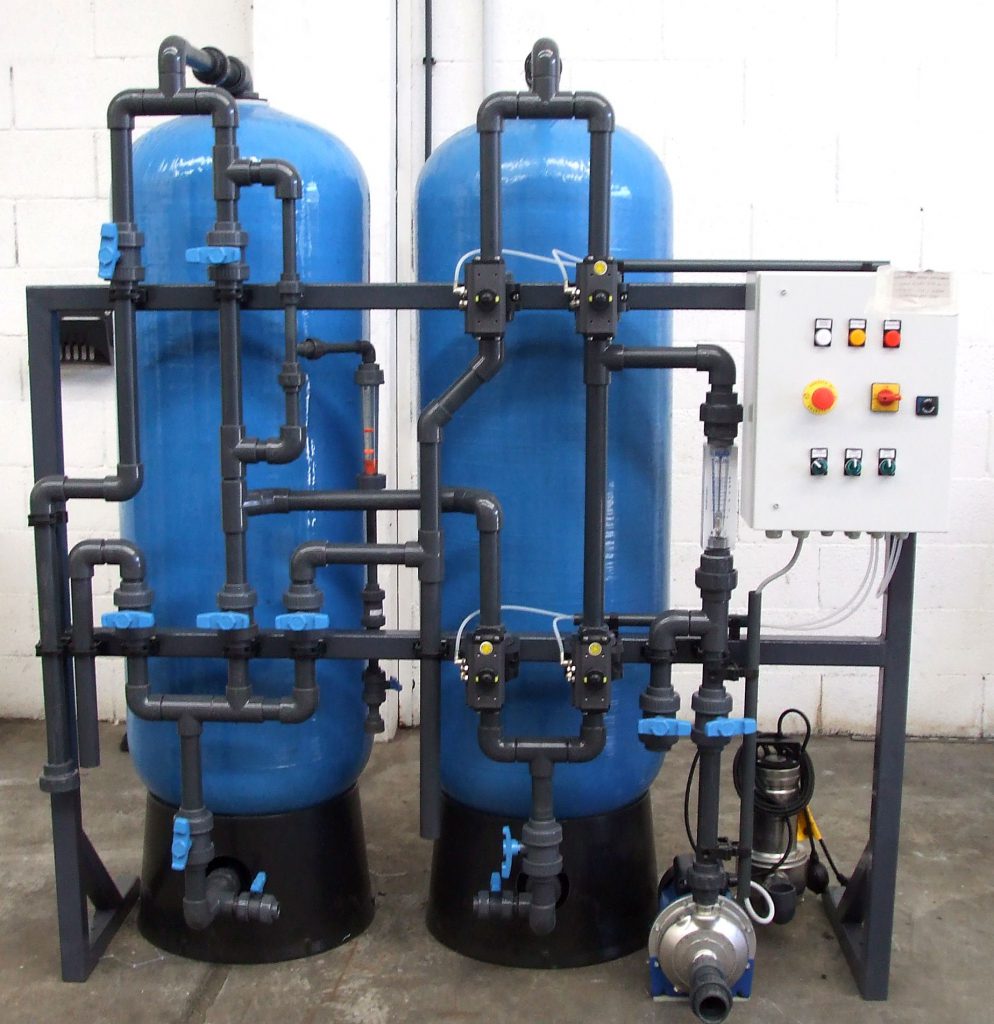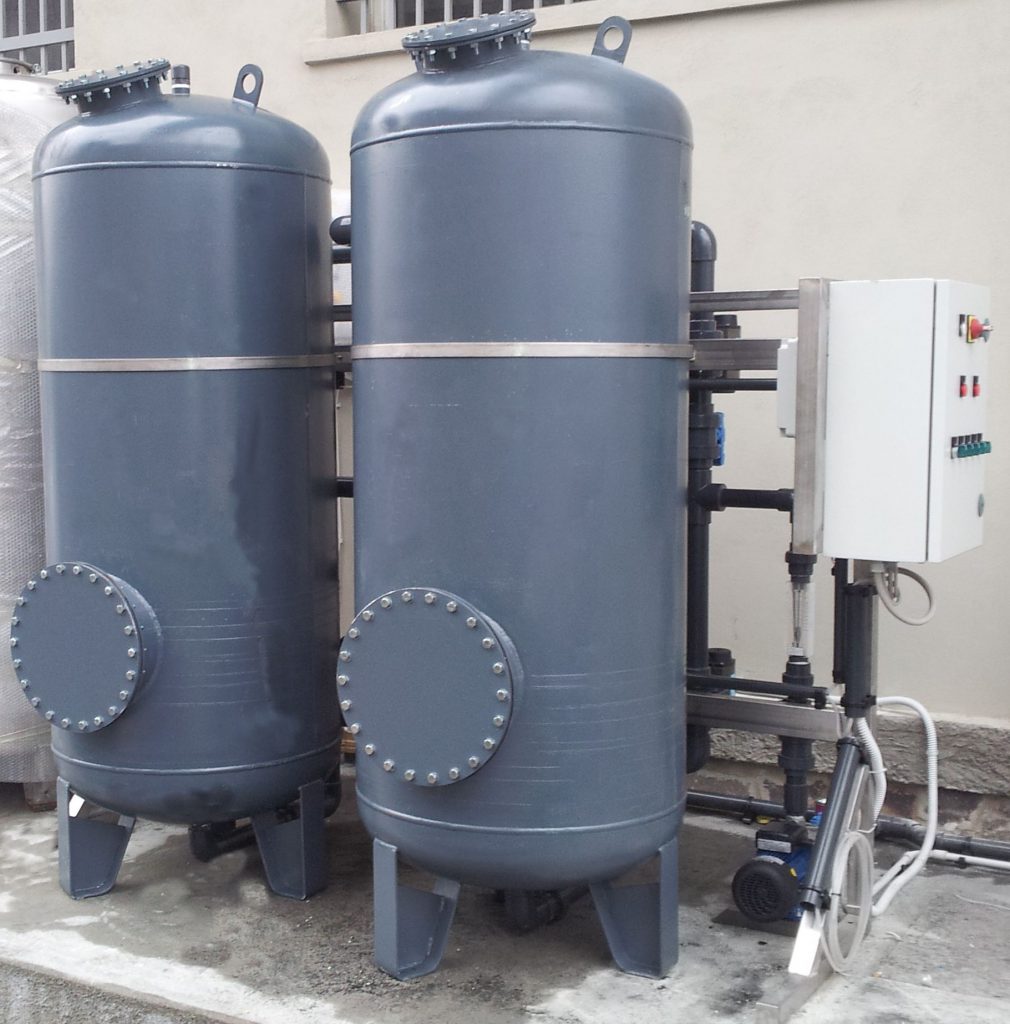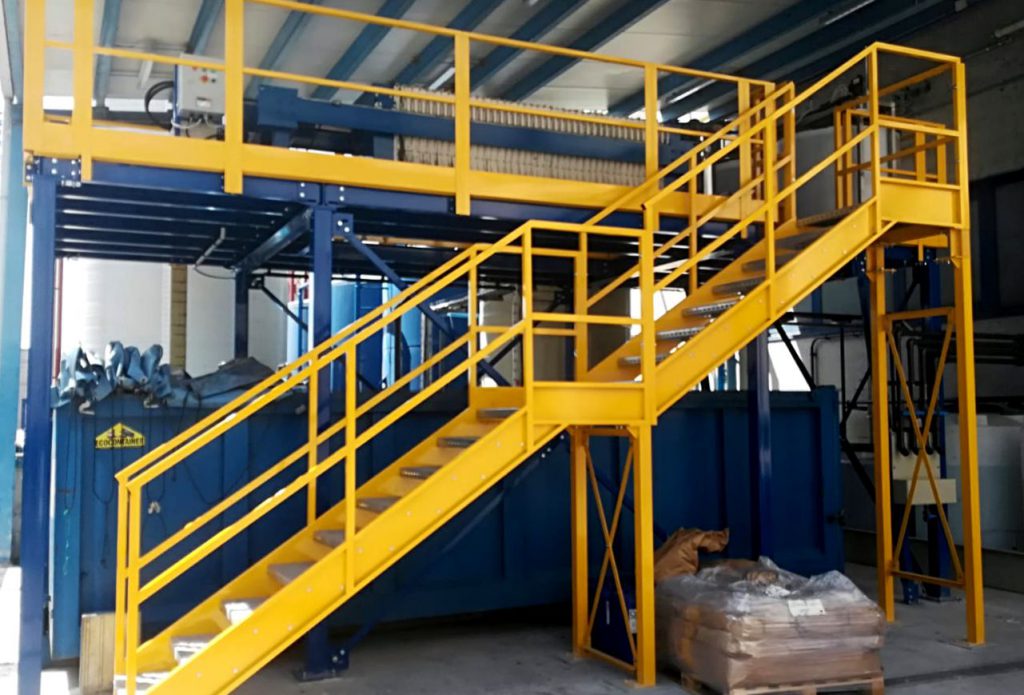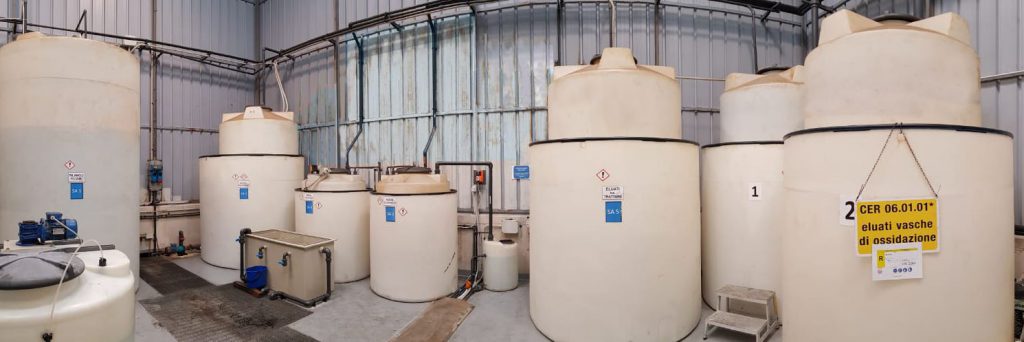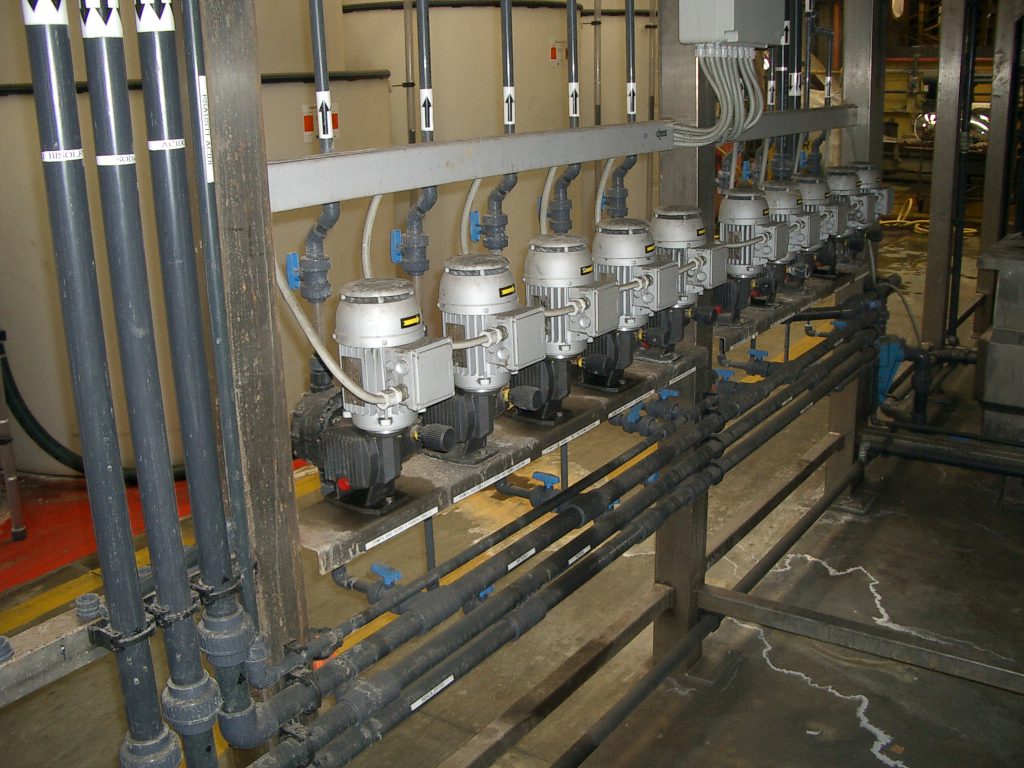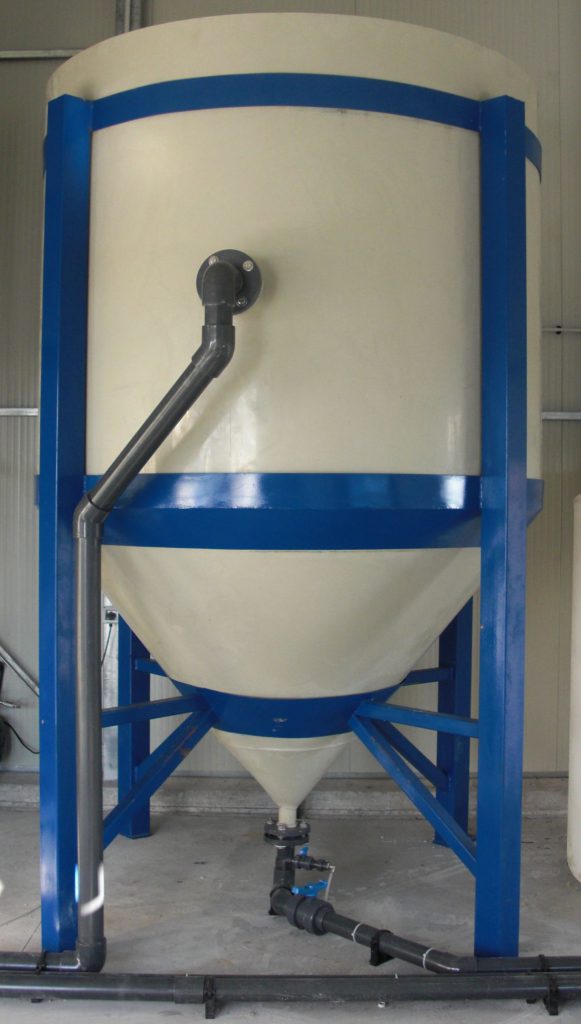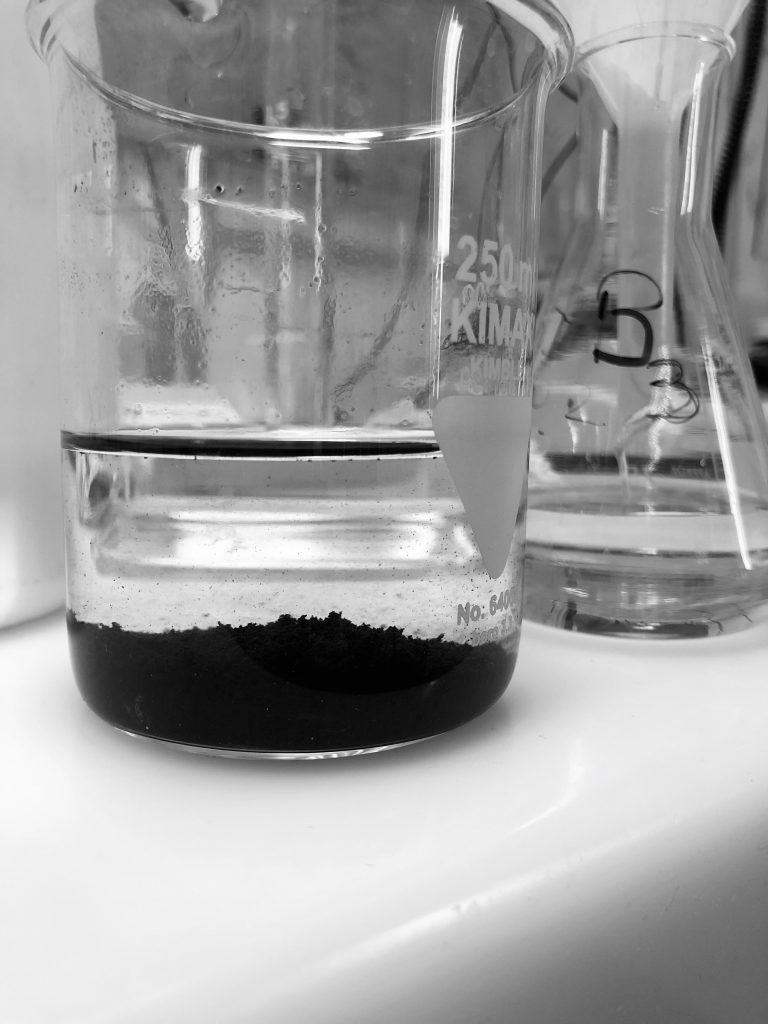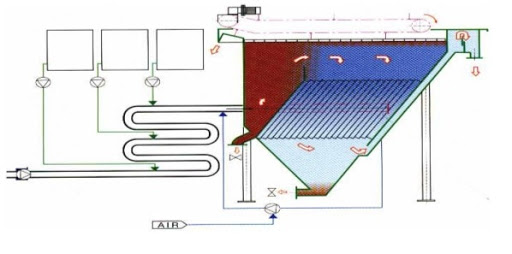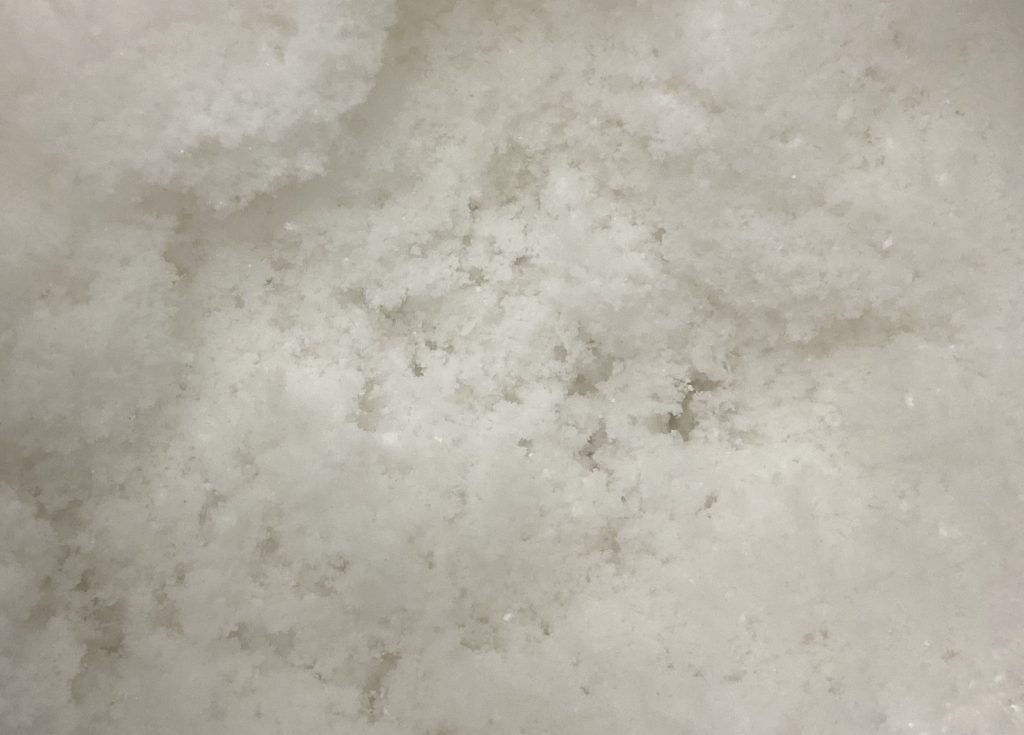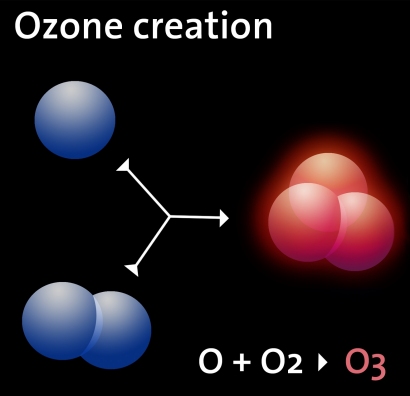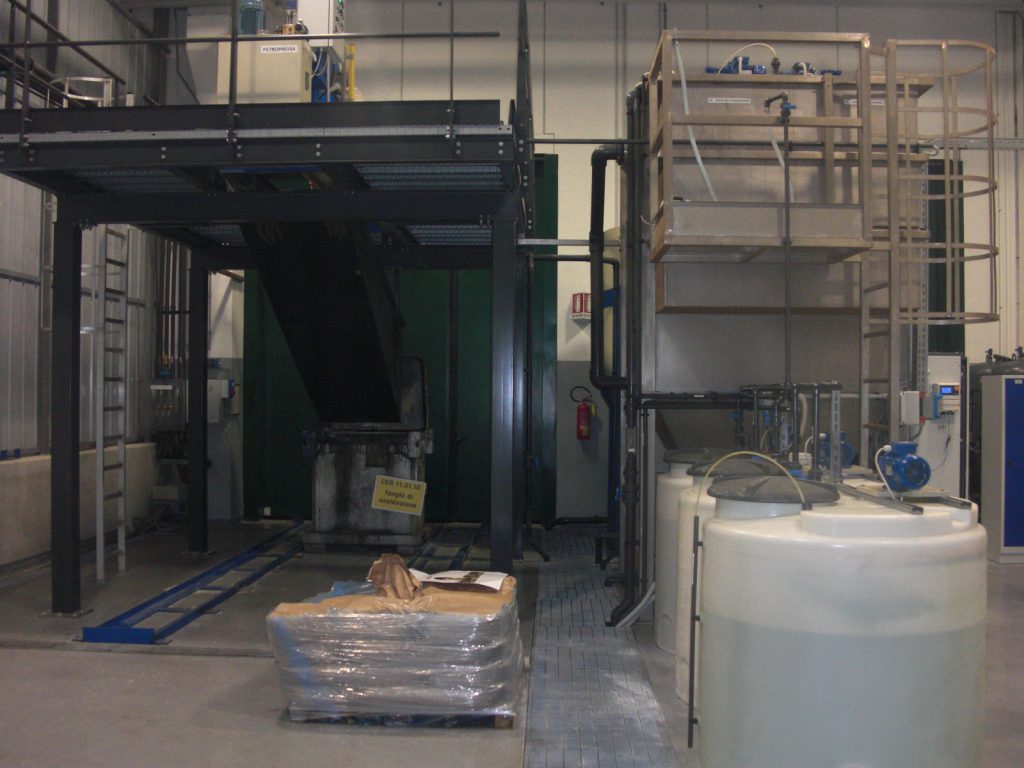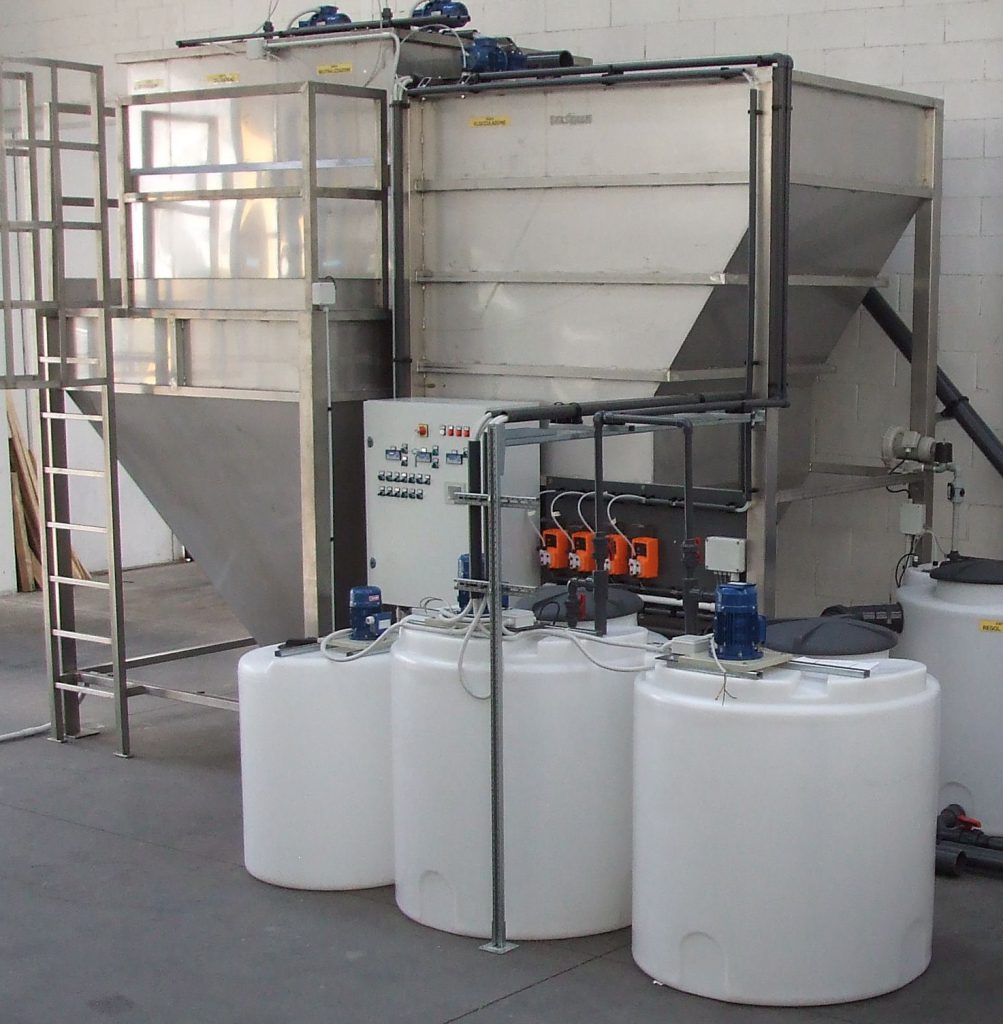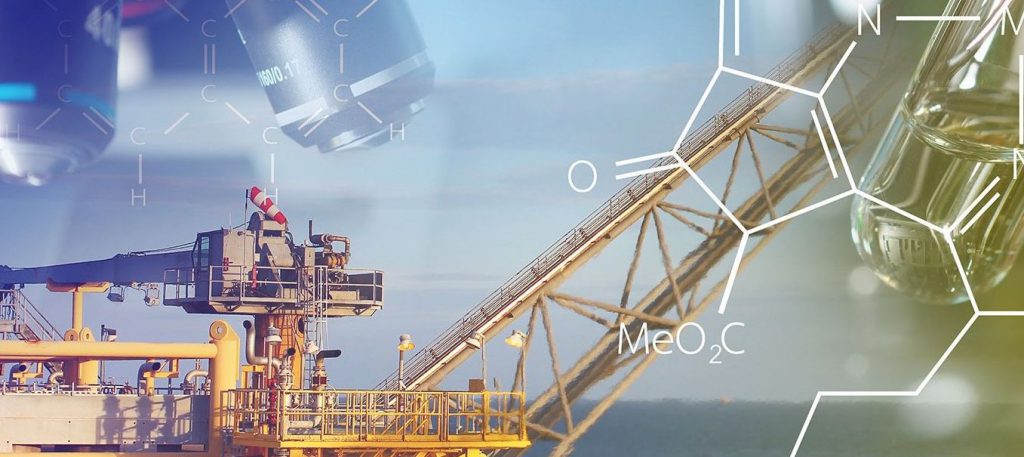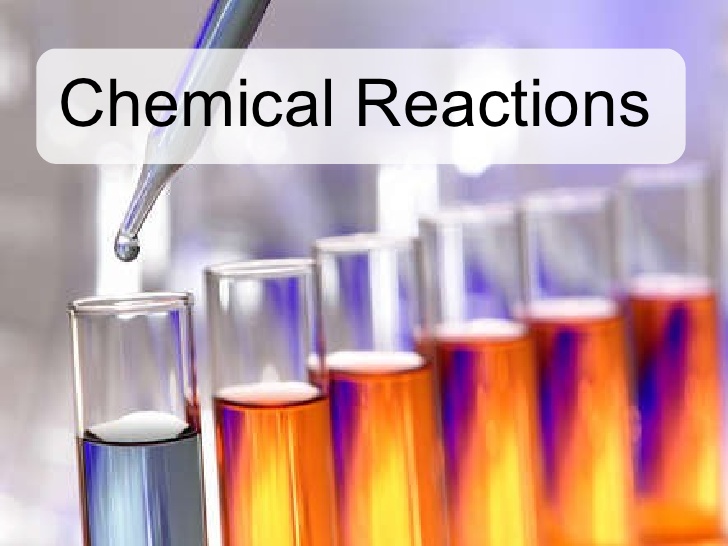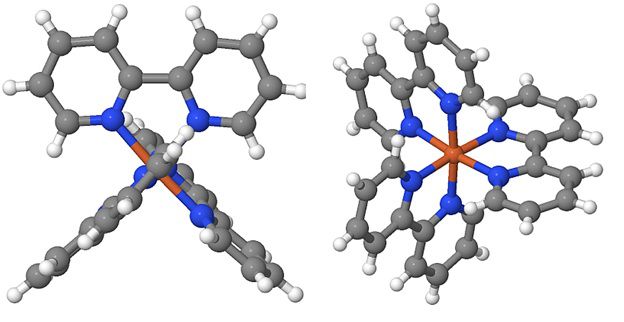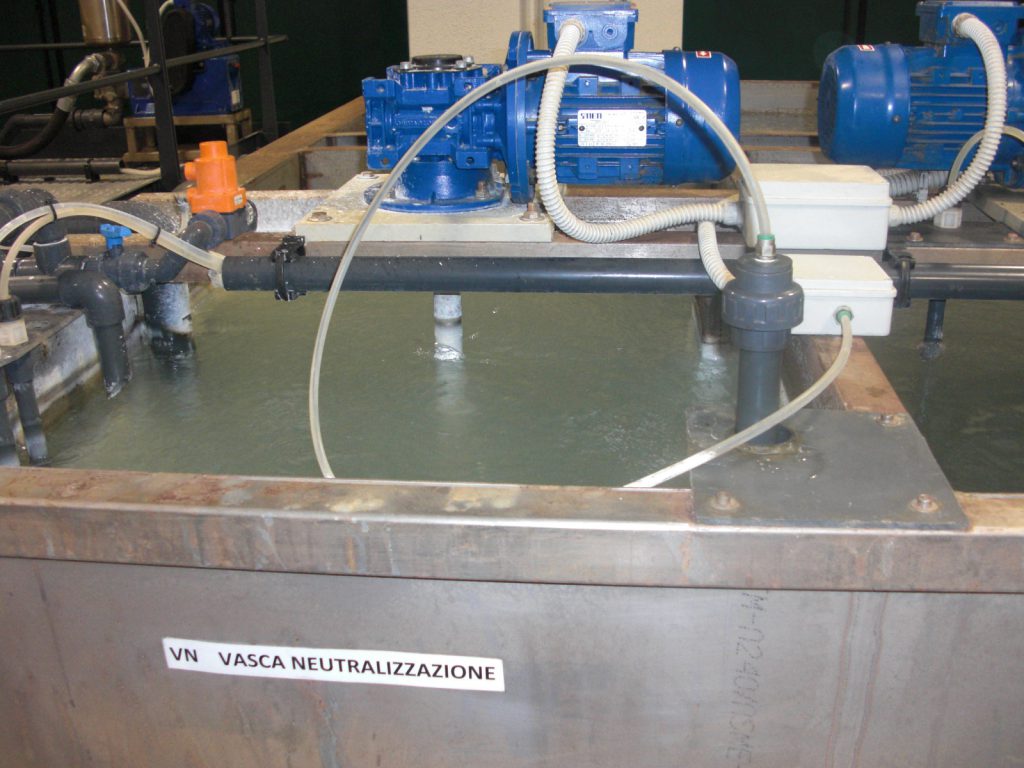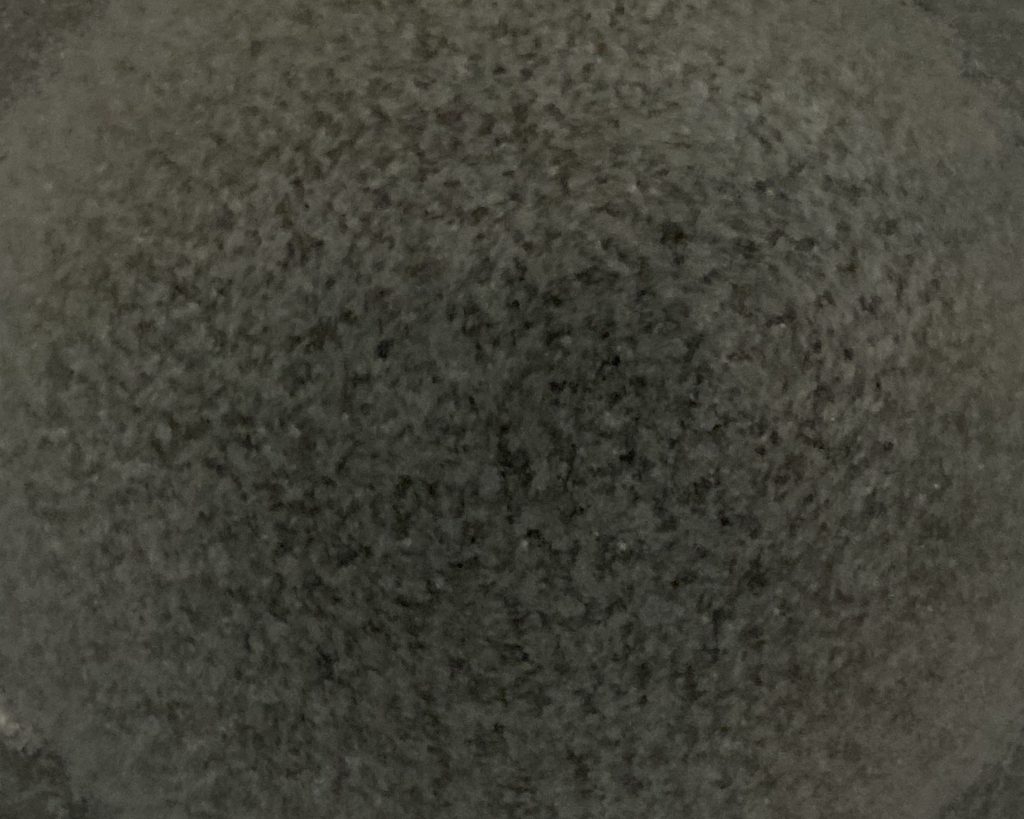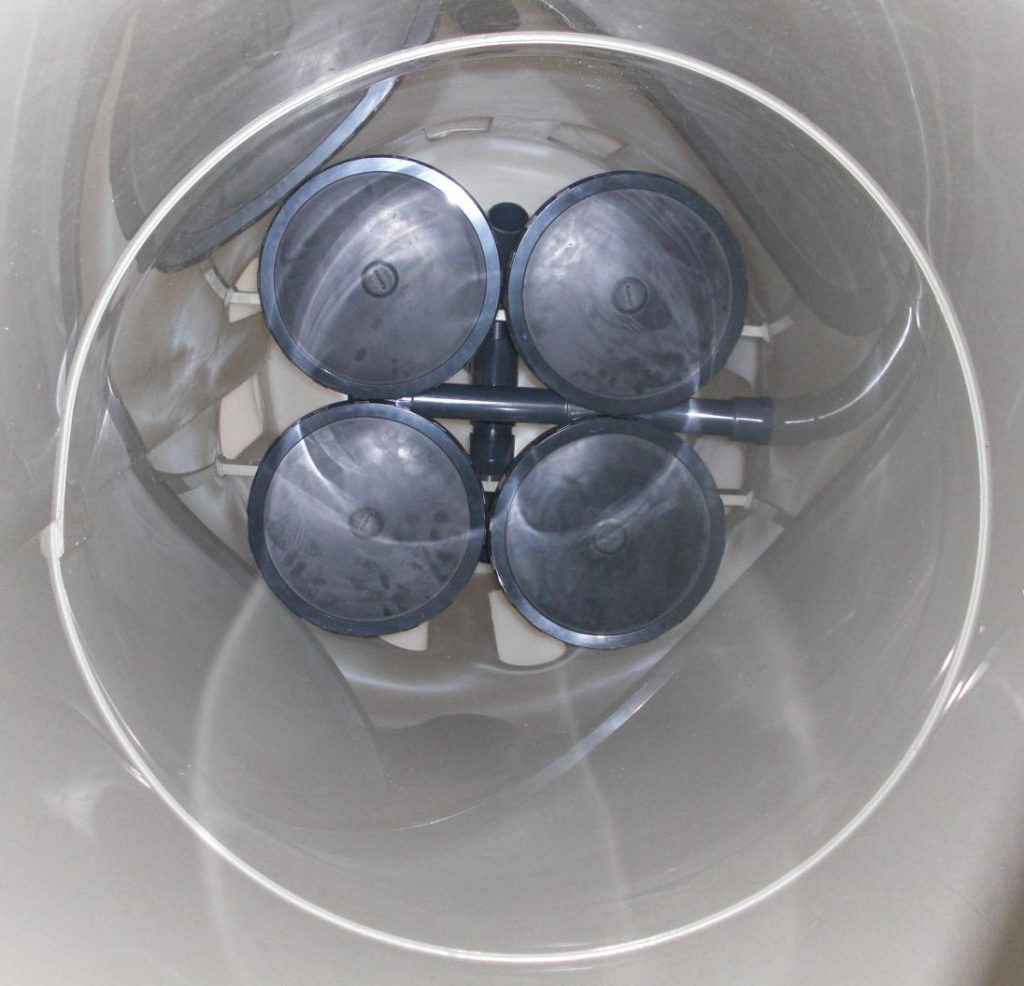Chemical-physical treatment plants at the end of their process produce wastewater that may have a heavy metal presence, in particular the presence of copper metal is problematic as its permitted concentration in the wastewater is very restrictive.
The use of a polishing or filtration unit with chelating resins, is foreseen when the quality of the water generated by the chemical-physical purification plants contain small percentages of metals, undermining the safety of compliance with the tabular discharges in force in the purification process.
These filtrations are composed of chelating resin columns with ion exchange.
The ion exchange of the resin inserted in the filter occurs in reversible reactions between functional groups linked to an inert polymer matrix the resin in contact with the solution to be, retains heavy metals, the filtration after the saturated resins are no longer operational, can be regenerated with acid and alkaline solutions.
Chemical physical purification plants use chelating resins with selectivity scales on metals well defined and screened according to the type of processing and heavy metal detected.
Resin filtrations for the retention of heavy metals have immodiacetic functional exchange groups, the selectivity scale normally used by us is:
Cu2+ > Ni2+ > Zn2+ > Co2+ > Cd2+ > Fe2+ > Mn2+ > Ca2+ >> Na+
Pentacque offers these filtration plants using specific resins with the capacity to remove residual traces of heavy metals downstream of the purification plants with fully automatic versions.
Pentacque, thanks to its experience in water treatment and after studies on ion exchange processes, offers its customers a series of filters with various capacities, carefully evaluating during the design phase the flow rate, the operating pressure, the contact time and the type of chelating resin to be used, this implies the possibility to build filtration plants and maximize the retention of heavy metals.

